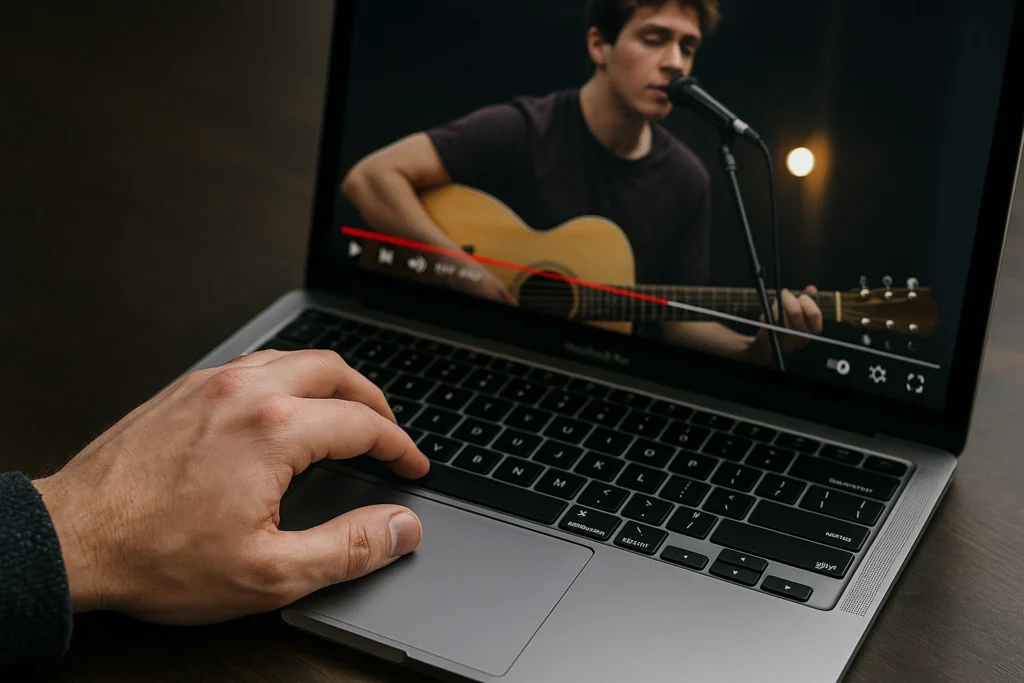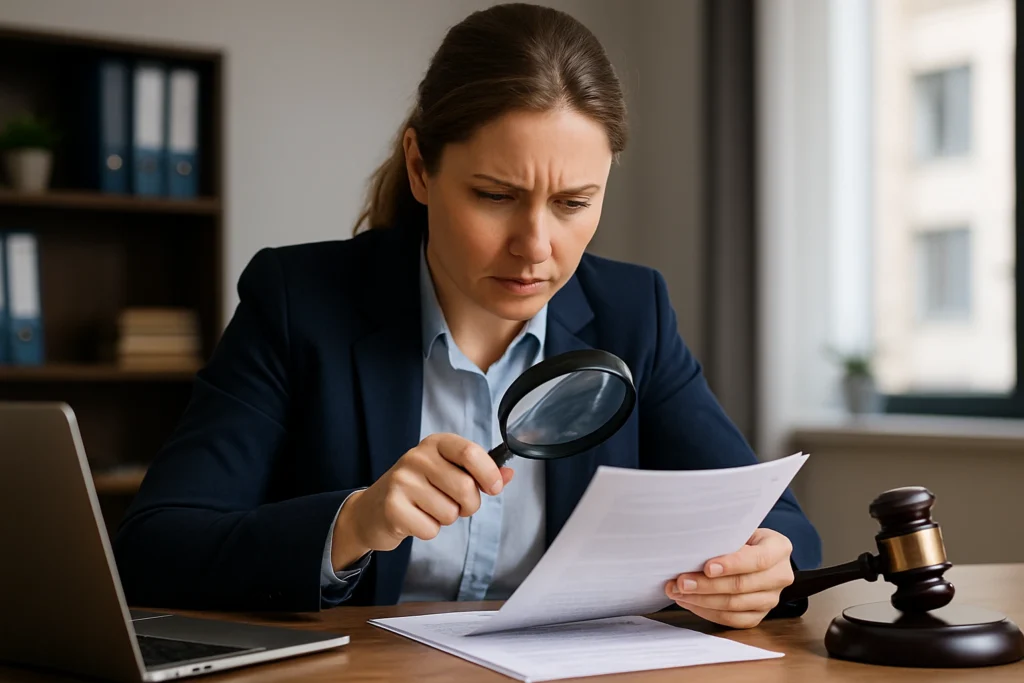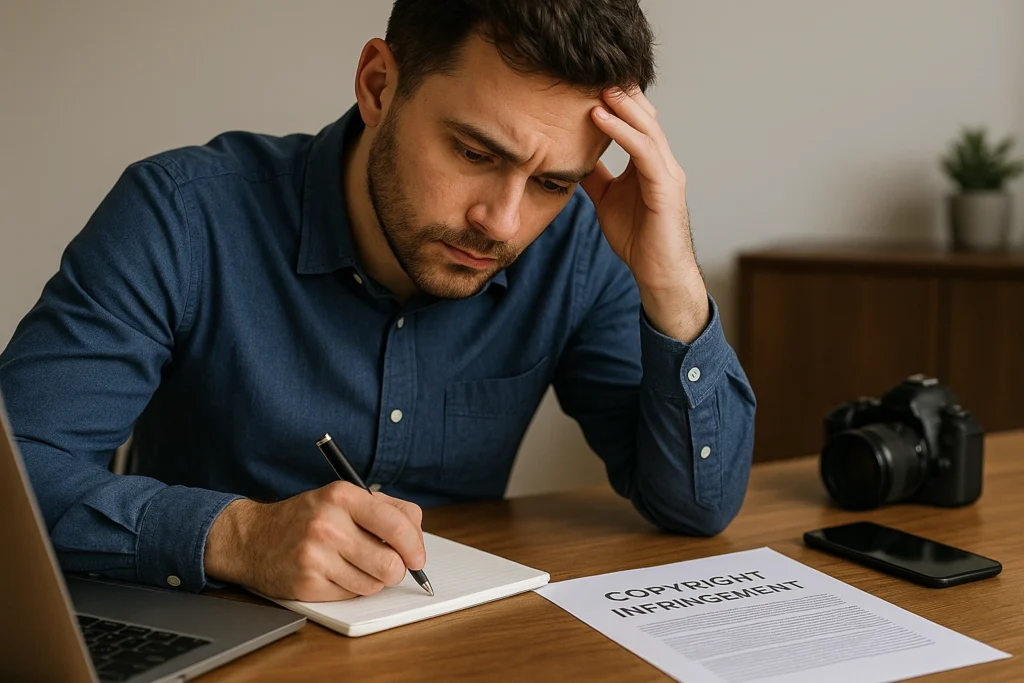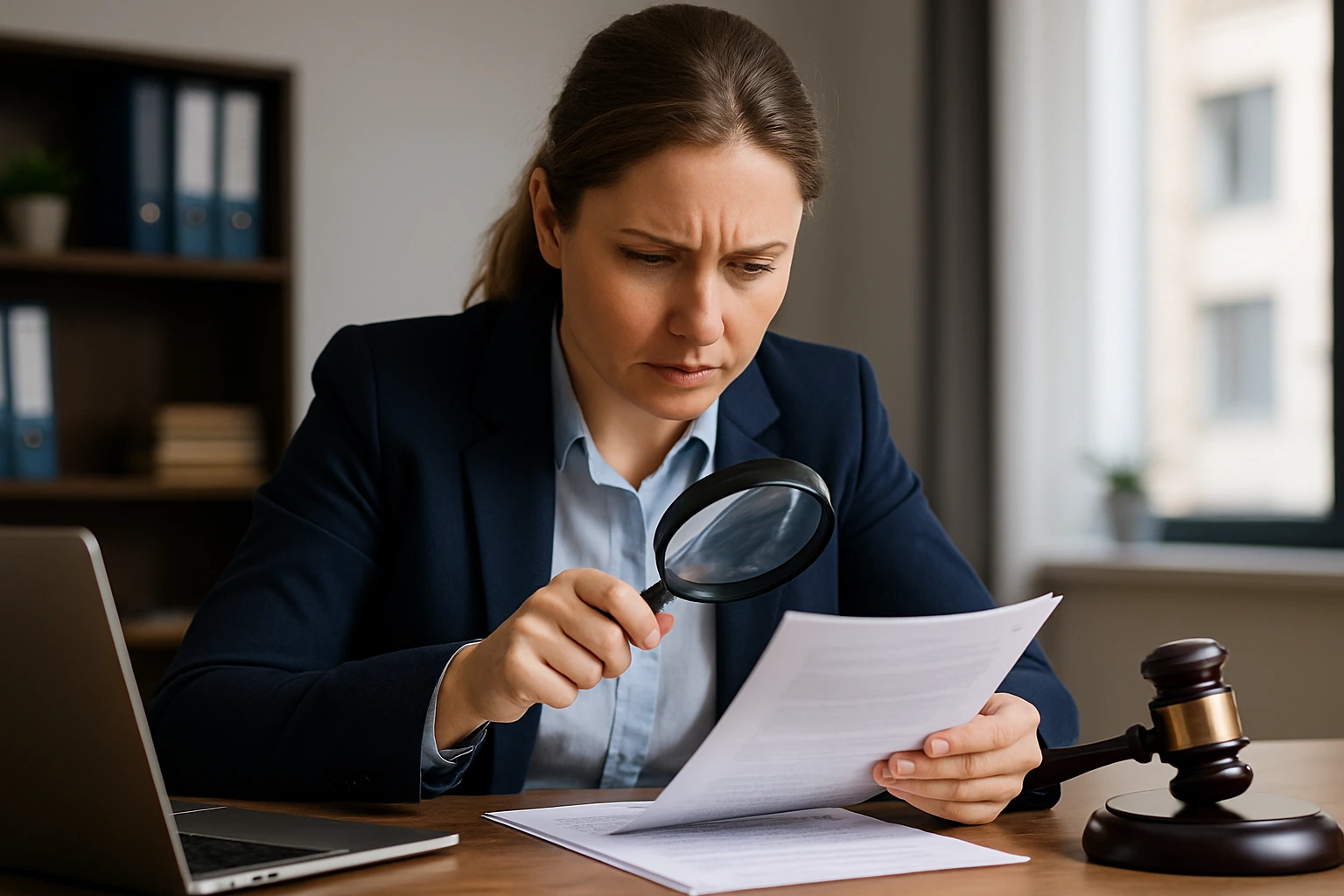
A single click can lead to legal trouble. Someone uploads a song, shares a photo, or copies a paragraph—and without realizing it, they’ve committed copyright infringement. In a world where content spreads fast, the lines between sharing and stealing often get blurred. Copyright infringement isn’t just a problem for celebrities and corporations. It affects students, small business owners, social media users, and even casual bloggers. Knowing what counts as infringement, how it happens, and what to do about it can save time, money, and stress.
What Counts as Copyright Infringement?
Copyright infringement happens when someone uses protected content without the creator’s permission. The use must also violate one of the copyright owner’s exclusive rights. That includes copying, sharing, selling, or publicly displaying the work.
Common Examples of Infringement
- Downloading and sharing music or films without paying
- Using someone else’s photo in a blog post or ad
- Uploading copyrighted videos on YouTube without a license
- Selling merchandise with artwork or logos that belong to someone else
- Copying code or website designs from another developer
Some people assume they can use copyrighted content if they credit the owner or use it for personal projects. That’s not true. Giving credit doesn’t remove the need for permission. Even personal use can lead to legal consequences if the copyright holder takes action.
The Legal Consequences of Infringement
Copyright infringement can trigger lawsuits, financial penalties, or even criminal charges. Courts often order infringers to pay actual damages or statutory damages. These range from a few hundred dollars to over $150,000 per work.
In some cases, the court may issue an injunction. That means the offender must stop using the work and remove all copies. Repeat offenders or those who commit willful infringement may face criminal prosecution.
Fair Use: A Limited Exception
Fair use allows limited use of copyrighted material without permission. Courts look at several factors to determine if the use qualifies:
- Purpose: Nonprofit, educational, or commentary uses may weigh in favor of fair use.
- Nature: Using factual content may be more acceptable than fiction.
- Amount: Using small portions of the work supports a fair use defense.
- Effect: If the use harms the market value of the original work, it’s less likely to qualify.
Fair use isn’t a guarantee. Each case gets reviewed individually, and even educational or non-commercial use can fail the test. Many online users wrongly assume that posting memes, reaction videos, or quotes automatically falls under fair use.

Copyright in the Digital Age
The internet changed how people access and share content. With a few clicks, anyone can copy, repost, or remix someone else’s work. That convenience also created problems for creators trying to protect their intellectual property.
Social media platforms, video sharing sites, and even e-commerce listings often feature copyrighted content. Some users don’t realize they’re violating copyright laws. Others knowingly upload or share content, hoping they won’t get caught.
DMCA and the Role of Online Platforms
The Digital Millennium Copyright Act (DMCA) provides a framework for protecting rights online. It allows copyright owners to send takedown notices to websites, platforms, or internet providers.
Once a platform receives a DMCA notice, they usually remove the content. This helps them avoid liability as long as they act quickly. Platforms like YouTube, Facebook, and Instagram all have automated systems in place to handle claims.
For creators, the DMCA gives a fast way to report stolen content. For users, it also allows a counter-notice process in case the removal was mistaken or abusive.
Creative Commons and Licensing Options
Creators can give others permission to use their work without giving up full rights. Creative Commons (CC) licenses let authors set clear terms for how others may use their work. Options include:
- Attribution: Others can use the work if they credit the creator.
- NonCommercial: Users can’t profit from the work.
- NoDerivatives: No modifications allowed.
- ShareAlike: Modifications must follow the same license terms.
These licenses promote creative exchange while still protecting ownership. They help photographers, musicians, and educators share content while setting clear rules.
How Businesses and Creators Protect Their Work
Creators and businesses use several tools to protect their copyright. Registration isn’t required, but it strengthens their legal position. A registered copyright makes it easier to sue and collect damages.
Many artists watermark their work, use copyright disclaimers, or work with licensing agencies. Software developers often add license agreements to their code or digital products. Some creators also monitor sites and use content detection tools to catch infringers.
Businesses that rely on original content need strong copyright policies. This includes contracts with writers, designers, or videographers that clarify ownership. It also means auditing websites and marketing materials to make sure all assets are properly licensed.

What to Do If Someone Infringes Your Work
If you’re a copyright holder and discover someone using your content without permission, start with documentation. Take screenshots, note dates, and record URLs. Then, consider the following steps:
- Contact the Infringer
Send a polite request asking them to take down the content or license it properly. Many users remove content once they understand the issue. - Send a DMCA Takedown Notice
If the content appears on a major platform, use its reporting tool. You can also send a formal notice to the host or provider. - Consult an Attorney
If the issue continues or involves significant harm, legal help can increase your chances of success. An attorney may recommend sending a cease and desist letter or filing a lawsuit.
How to Avoid Copyright Infringement
Avoiding copyright issues starts with awareness. People who create or share content online need to know the rules and take basic steps:
- Use licensed images, audio, and video
- Read and respect usage terms on stock websites
- Don’t copy text, code, or designs from others
- Use original content or work with permission
- When in doubt, ask or leave it out
Educators, marketers, developers, and business owners can avoid risk by creating internal content policies. Clear guidelines reduce unintentional violations and build a culture of respect for intellectual property.
Conclusion
Copyright infringement affects artists, businesses, and everyday internet users. It can be unintentional, but that doesn’t make it harmless. Protecting creative work and respecting others’ rights keeps the internet fair, innovative, and legal.
Understanding copyright helps you create, share, and build responsibly. Whether you’re an artist, business owner, or content creator, awareness can save you from costly mistakes.

- Massive Copyright Lawsuit Big Music Groups Take On Verizon
- The Fair Use Act: Balancing Copyright and Creativity
- Emerging Poppi Lawsuit: Consumers Sue After Misleading Promise
- What is the Statute of Limitations?
- What Is a White-Collar Crime in Texas?
- General Defenses in Criminal Cases
- Demystifying Indictment Requisites
- Order of Non-Disclosure in Employment Contracts: What Employers and Employees Need to Know
- Step-by-Step: The Process Of Civil Litigation In Texas
- Legal Implications of Social Media Use: What You Need to Know
Copyright Infringement FAQs
Copyright infringement occurs when someone uses, reproduces, distributes, displays, or creates derivative works from a copyrighted work without the permission of the copyright owner. It is a violation of the exclusive rights granted to the copyright holder.
Copyright protects a wide range of creative works, including literary works, music, visual arts, software, films, and more. The work must be original and fixed in a tangible medium of expression to receive copyright protection.
Fair use is a legal doctrine that allows limited use of copyrighted material without permission from the copyright holder. Factors such as the purpose of use, nature of the work, amount used, and effect on the market are considered to determine if a use qualifies as fair use.
Potential consequences of copyright infringement can include legal action, damages, fines, and injunctions. Copyright owners can pursue remedies through lawsuits, and courts can award monetary damages for losses suffered by the copyright holder.
Copyright infringement can be avoided by obtaining proper permissions before using copyrighted material, giving credit to the original creator, understanding the principles of fair use, and seeking legal advice when uncertain about the legality of a use.



